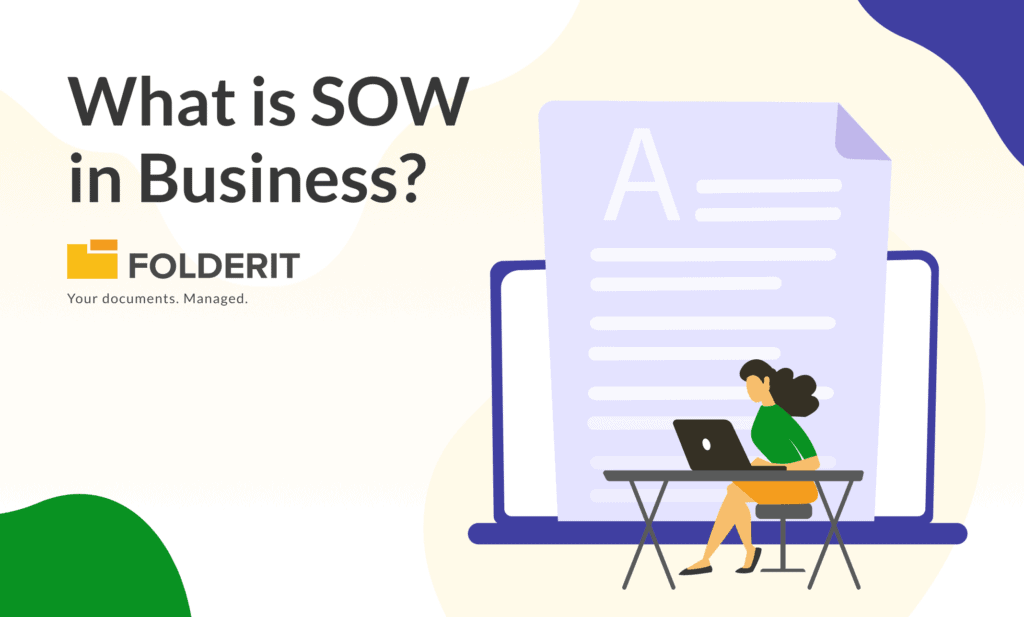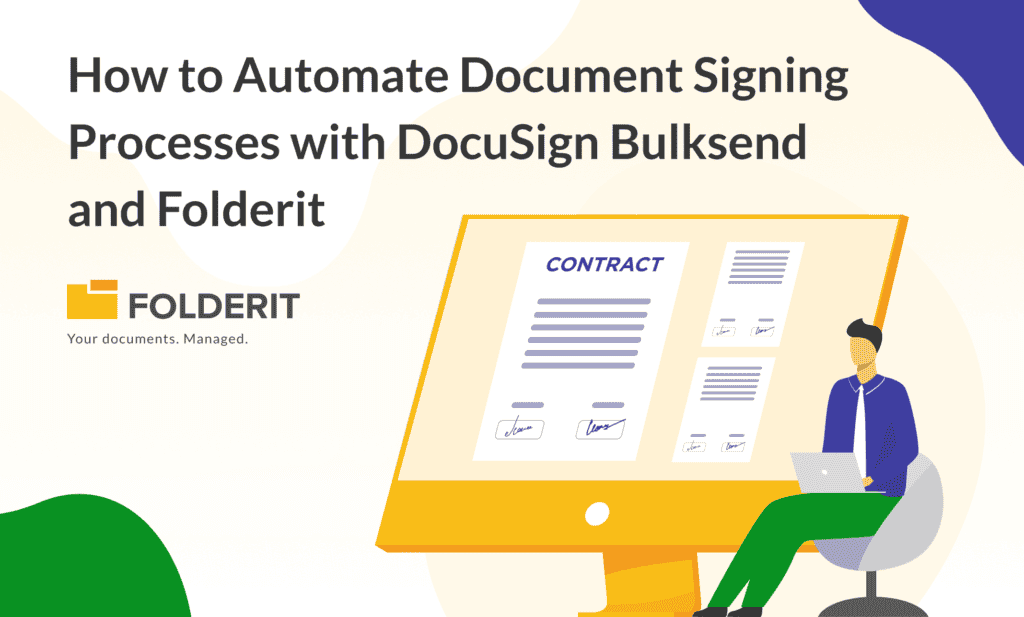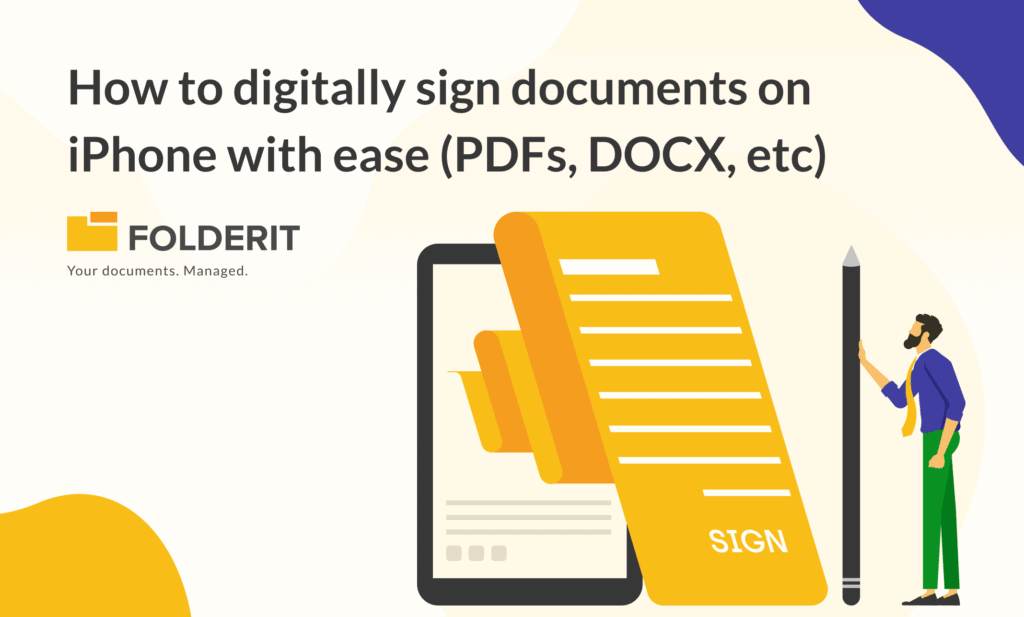
How to Choose Business Software?
There are three key questions to ask when choosing software: Will it save me money? Will it make my job easier? Will it be cost-effective in the long term? To determine the answer to these questions, you might ask yourself why it is that you are considering the software.
Perhaps you are replacing a program that is slow or glitchy. Perhaps a program that once functioned well has become outdated, or your business has grown beyond it. In many ways, the three key questions are interrelated. Any product that makes your job easier when you are running a business is likely to save money. The big question becomes, how much money will you save and will it continue to help you save money in the long run? More than that, you will need to consider upgrades, future hardware compatibility, and whether it will work with the Internet – especially if it involves a customer interface.
Here are the top things you should consider when choosing business software:
Cloud Computing
Cloud computing has become the watchword for purchasing new software. When a program or function is stored somewhere other than your personal or business computers, you are passing both the cost and responsibility of that storage to a provider. The provider is then obligated to ensure that the program and the storage associated with it are functioning optimally. This often includes scheduled updates to provide better functionality or even better security. Given that illegal hackers are busy every day looking for ways to make a profit by getting into and possibly messing up other people’s programs and data, information security can become one of your biggest business concerns.
Value of Data
You might think, “Oh, I don’t have any data that other people would be interested in.” That might not be true. Let’s consider, for instance, a simple inventory of a home library. This is not exactly a business application, after all, but it does involve the time and effort used to enter books into a database and to save that information. Even if the collection contains nothing more than keeping track of that book that you and your children read over and over, time is money – and when your data is destroyed, you have lost several hours used to enter that information.
Versions and Updates
Imagine how much greater the impact would be if those book records were part of a bookstore inventory, or even if those books become part of an estate sale at some juncture. Now, those simple book entries – made only with the idea of tracking the family books – take on a much greater significance. But hold it…oh, my! The original entries were made on an old Macintosh using a vintage copy of Bank Street Writer. Will it be possible to retrieve them?
Business Record Keeping
Your business records are probably kept much more carefully. Still, keeping up with those layers of versions to ensure that your data is readable after an update, storing backup copies offsite to remain in compliance with regulations, keeping IT personnel on staff who can take care of troubleshooting and maintenance, all those things take a toll on your patience, your budget, and even on your time.
Subscription Software
There is a very good reason why companies such as Microsoft began offering monthly subscriptions and automatic updates for their software. You will find that the same arrangement is often possible with library cataloging programs, warehouse programs, and more. There are also many good reasons why programs that are set up to manage data frequently offer a limited amount of space for data storage. It is, very simply, because it helps prevent loss of information, loss of time due to updates and local handling, and it makes your data more secure.
Disparate Data Storage
Let’s suppose, however, that you have many different sorts of information that needs to be stored, accessed and used by specific teams. Some of it will need to be stored with one team, and shared with another, some of it will go to a completely different group. How can you manage all of that?
Enter Folderit DMS
This is where Folderit comes in. Folderit is a cloud-based information storage and management system. By placing all your files in one cloud-based system, they can be accessed by the correct management or worker teams simply by sharing the files with the correct team. You can manage layered versions, keeping, merging or deleting information as needed. You can label and hold an older version of something until you are sure that all the information has been updated or is no longer needed.
All files on Folderit are backed up in triplicate for extra security. They are safe from local hazards such as fire, flood, hurricane or tornado. If your organization requires physical backups that can be stored in a specified location off-site, you can download copies as many times per day as you wish – without disturbing the ongoing files that are in your cloud storage.
Updates and Answers
As for updates of the Folderit software, that is all handled by our IT tech team, with no worries for you. Will it save you money? We believe it will – both on software and on personnel. Will it make your job easier? Yes, it will. Your files will always be as close as the nearest Internet connection. You can even access them using your cell phone. Will it remain cost-effective in the long run? We are dedicated to making it so.
Our Goal
We understand the need to give a positive answer to those three age-old business questions. We take pride in making “yes” the answer to the three key questions about our business software. It is set up to be a cost-effective, convenient method of storing your information. You can use our pre-labeled folders, or rename them to suit your business. You can share them half-way around the world without worrying about sharing the correct version because everyone can see the same one. Updates and management are included in your fee, so you never need to purchase a new copy or version or worry about whether the new software will read your old files.



